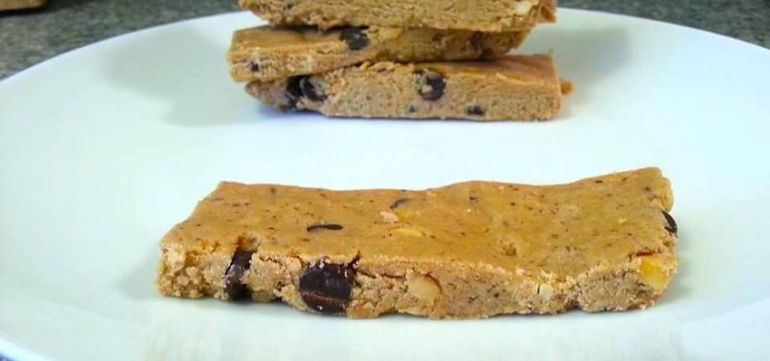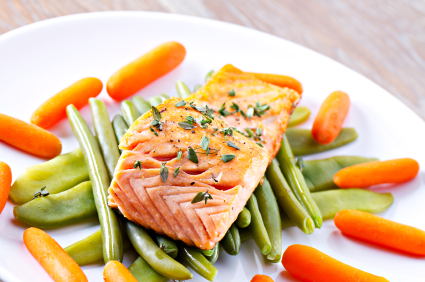How To Do Vermicomposting
First of all, you need to get yourself a storage bin, a plastic one is best. If yours is a family of six, you need a size that's around 1' x 2' x 3.5'. At the bottom of the bin, drill around 10 holes, each one to facilitate drainage and place a tray underneath the bin to hold the drainage.
Now put in some nylon mesh at the bottom of the bin so the worms don't escape through these holes. Now you need some bedding and for this, you will require some newspaper. Shred them and wet them well. You should make sure they stay moist and don't get dry.
Now add the worms to the bin, preferably red worms which are thought to be the best as far as composting is concerned. These are the most common worms you are likely to find in most gardens and lawns so you can just collect them from your garden or order them from a gardening store.
Make sure the bedding and the worms are on one side of the bin and put in vegetable peels and other kitchen waste, taking care not to put in any meat or fat products. Don't put in too much or you'll find that the stuff tends to rot. Now keep the bin in a cool, dark place.
It should take around 3 months for the worms to turn the waste and the bedding into compost. Now put in the bedding and more waste on the other side of the bin. The worms tend to migrate to the new food supply. Put the bin out in the sun and the worms will go right into the bedding and you can take out your compost from one side of the bin. You can put it for your plants or save it for later.
Now how do you use this compost that you have made? Compost is organic matter that is really great for your plants. You can add it to your lawn, your plants in the garden or your potted plants. You'll find the soil improving with better aeration and moisture-holding properties.
This is where your plants will get their nutrients from and thrive. You can also use it as mulch, spreading it on top of the soil after mixing it with a bit of topsoil. You'll find compost helps prevent many diseases.
You'll find in your garden that all the organic matter does decompose eventually. However, vermicomposting hastens the process and gives you garden soil that is fertile, moist and rich in nutrients. So your plants grow better, look better and survive better. All it takes for organic matter to decompose are ideal conditions in which earthworms, bacteria, fungi and bugs can work.
They need moisture, oxygen, carbon and nitrogen. So if you were to mix in nitrogen-rich substances like grass clippings or manure from livestock, you'll find decomposing happening quicker. Carbon can be had from leaves and twigs. Or you could fling in a handful of lawn fertilizer which will provide the carbon-nitrogen needs.
Do remember to water it a bit in case it doesn't rain and the mix gets dry. A bit of turning around once in a while gives it the oxygen it needs. Just a little bit of care and you are well on your way to great compost!
Related Articles
-
Could It Be…Thyroid Disease?
Always cold or hot? Heart racing a mile a minute? Whethe
-
How To Indulge And Win The Battle Of The Bulge During The Holidays Get Yourself A Buddy
If you are trying to lose weight, the holidays literally are the heavi
-
The Key To A More Effective Workout Is Easier Than You Think
-
6 Moves To Build Strength & Get A Killer Core
Summer may be coming to an end but a killer core is never out
-
Sensible Weight Loss
Weight loss has become a very common topic of discussion and there
-
How Hypnosis Can Help You To Lose Weight
Hypnotherapy can help you on many positive things such as stress relie
- DON'T MISS
- Start Your Diet Suppressant Today - The Most Revolutionary Way to Reach Ideal Weight
- Brand New Information on Parkinson’s Disease
- Weight Loss – Let Walking Do the Losing
- How To Follow A Healthy Diet Food
- Burning Body Fat, Low-Fat Diets Will Not Help You
- Improving Your Familys Health For Life
- HCG Injections – Controversial Weight Loss Method Explained
- The 1 Place You Shouldn’t Lose Weight
- 3 Procedures For Excess Weight Reduction
- Understand Fat Burning Food




